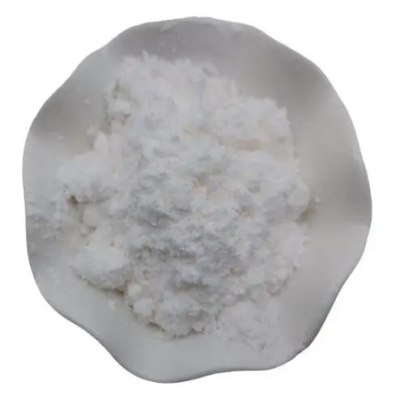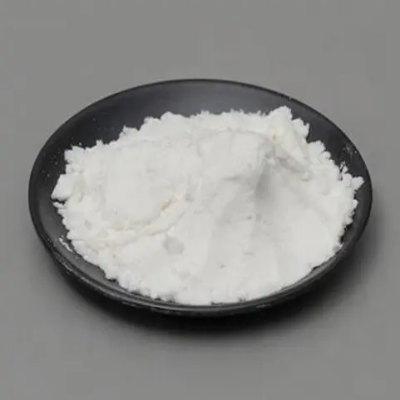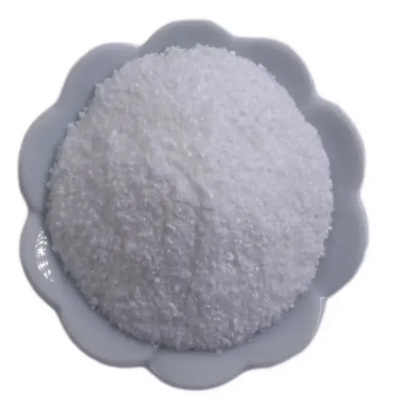4-Chloronicotinic acid CAS:10177-29-4
4-Chloronicotinic acid is an important compound in organic chemistry, known for its versatility in synthesizing various biologically active molecules. Its structure allows it to act as a valuable building block in pharmaceutical research and development. The chlorinated pyridine derivative is used extensively to create a range of medicinal compounds, particularly those with antitumor, antibacterial, and anti-inflammatory properties. In the pharmaceutical industry, 4-chloronicotinic acid serves as an intermediate in the synthesis of various active pharmaceutical ingredients (APIs). Its ability to undergo various chemical transformations enables researchers to create tailored compounds that target specific biological pathways. For example, derivatives of 4-chloronicotinic acid have been studied for their efficacy in treating diseases such as cancer and infectious diseases, demonstrating its significance in drug discovery and development. Additionally, 4-chloronicotinic acid is utilized in the agrochemical sector to develop new herbicides and fungicides. The compound’s unique structure can be modified to enhance herbicidal activity, making it a key ingredient in designing effective agricultural chemicals that improve crop yields and management practices. Moreover, 4-chloronicotinic acid plays a role in materials science, particularly in the synthesis of new materials such as polymers and ligands for catalysis. Its reactivity facilitates the development of advanced materials with desirable physical and chemical properties. Overall, the diverse applications of 4-chloronicotinic acid in pharmaceuticals, agrochemicals, and materials science underscore its importance as a versatile synthetic intermediate in modern chemistry.



| Composition | C6H4ClNO2 |
| Assay | 99% |
| Appearance | white powder |
| CAS No. | 10177-29-4 |
| Packing | Small and bulk |
| Shelf Life | 2 years |
| Storage | Store in cool and dry area |
| Certification | ISO. |







![methyl 5-methylH-pyrazolo[1,5-a]pyridine-3-carboxylate CAS:1167055-25-5](https://cdn.globalso.com/xindaobiotech/1ZNB2ZF342ZWRNG233.png)

